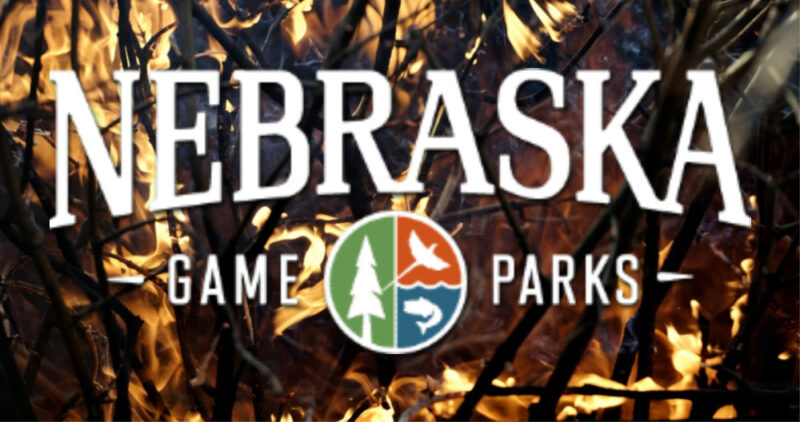![]()

The temporary open fire ban at Nebraska Game and Parks locations continues due to widespread drought and dry fuels, persistent fire weather patterns and the danger of human-caused wildfires.
Camp stoves and fire pits fueled by liquid gas, however, will be permitted effective immediately at Nebraska state park areas and wildlife management areas. These types of stoves do not produce blowing embers and limit people’s ability to discard or leave hot ashes or briquettes; this reduces wildfire potential.
Recent dry, windy, low humidity and hot weather conditions across the state have resulted in an elevated potential for wildfires. According to the most recent University of Nebraska-Lincoln Drought Monitor, 83% of the state is experiencing moderate to extreme drought conditions.
As conditions can rapidly change, campground and WMA visitors should stay tuned to local fire ban updates and call ahead to state parks for current information. Find park contact details at OutdoorNebraska.gov.
Prohibited sources of open fires include:
- All campfires
- Transportable wood-fueled firepits with grills or mesh metal covers
- Wood-burning stoves
- Charcoal grills
- Fire pans
Permitted sources are devices solely fueled by liquid gas that can be turned off; these may include:
- Propane or butane camp stoves
- Canister camp stoves
- Propane grills
- Propane fireboxes and firepits
- Other burners fueled by liquid gas, such as gasoline or kerosene
Those wishing to use their Dutch ovens to cook should do so over propane or electric heat sources.
Those using permitted camp stoves, grills or firepits should never leave them unattended and always use them on a level area clear of flammable materials.
Out of the abundance of caution, campers and hunters should carry a shovel, bucket and fire extinguisher in their vehicle or camper to put out unintended flames.
State park area and WMA guests also are encouraged to take the following precautions to reduce the risk of wildfire:
- Dispose of cigarettes and other flammable objects appropriately.
- Avoid activities that could create sparks.
- Restrict driving to established roads and trails.
- Avoid parking vehicles in tall vegetation.
- Make sure no chains or metal parts or objects are hanging or dragging from your vehicle or towed trailer.
- In the morning, before driving and while the exhaust/catalytic converter system is cool, inspect it to see no debris is clinging to it.
